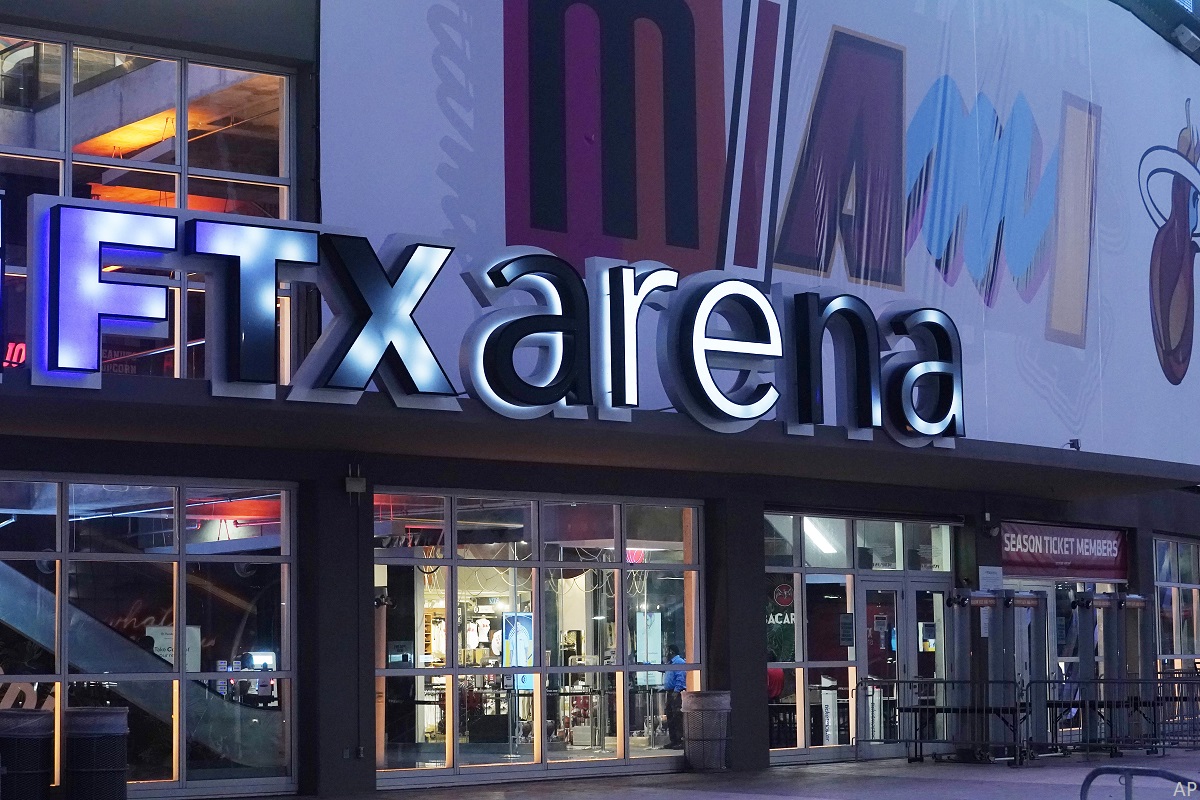Ruth Saldanha: Earlier this month, FTX, one of the world's largest cryptocurrency exchanges, folded. It's important to keep in mind that this is very much a developing story, but the key players in the saga are like the blue-chip names of the crypto world. As a result, Morningstar's Madeline Hume believes that the risk of contagion in the crypto ecosystem has never been higher than it is right now. She is here today to talk about what all of this means. Madeline, thank you so much for being here today.
Madeline Hume: Thank you for having me, Ruth.
Why the FTX Implosion is Important
Saldanha: Now, cryptocurrencies as an asset class have had their share of problems. Why is this one so important?
Hume: The reason that FTX and the implosion of that firm is making major shock waves in the cryptocurrency industry is because FTX and its founder, Sam Bankman-Fried, were something of the kingmakers of the crypto industry, anointing projects that they found to be valuable or compelling in terms of technological development, and often they served as lenders of last resort in the industry, which led them to be nicknamed the JPMorgan of crypto. In addition to that, Sam Bankman-Fried was very heavily active in Washington DC, campaigning on legislation and getting face to face time with regulators and other power brokers in Washington. So, for many in that town, he was something of the face of the cryptocurrency industry.
The other reason that this blowup is such a big deal is because FTX had a hedge fund that was supposed to act separately as an independent entity that just happened to be founded by the same person. But unfortunately, what we found out is that the two were swapping assets between the two firms and moving around piles of money. And the problem with that is that Alameda is a major market maker in the crypto industry. And so, now that they have ceased operations, you have a significant decline in liquidity, and many of Alameda's creditors are going to have to get in line along with FTX's retail investors.
Cryptocurrency Prices Have Fallen. Should You Buy?
Saldanha: As a result of this, a lot of coins have fallen in terms of prices. So, for crypto investors, do you think now is the time to buy because prices are so low? And if so, how should investors watch for shaky balance sheets? Or how should they avoid situations like this one?
Hume: This is a highly uncertain time in the crypto industry, and it will be something of a catalyst. Whether or not it is for future growth or for further decline, there is not much certainty on that point yet. At this point, there really is no use trying to catch a falling knife. FTX was a major shockwave in the industry, and it underscored that investments in crypto assets are not guaranteed the way that investments in stocks or ETFs are guaranteed by those exchanges. Investors have to tread cautiously when it comes to crypto assets because they could lose their investments at any time, and unfortunately, that's what happened with FTX.
OTPP Bought FTX. Should I Worry?
Saldanha: Large investors like BlackRock and Sequoia also invested in FTX. In Canada, the Ontario Teachers' Pension Plan was also invested in the company at a valuation of US$25 billion, which is now pretty much vanished. So, how worried should beneficiaries and investors in these larger firms be?
Hume: At this moment, the damage seems to be fairly well contained. The Ontario Teachers' Pension Plan did only invest 0.05% of their assets with FTX, which means that, at least for now, there are no questions of solvency risk spreading beyond the borders of the crypto industry. And these kinds of misadventures in investment have happened before, especially in Canada with the CDPQ investing in Celsius just six months ago. So, it's not necessarily a new phenomenon. But it is a helpful illustration that even when couched in the veneer of something like a venture capital investment or a public equity investment like MicroStrategy or other firms that are heavily correlated to the crypto industry, it's not a guarantee of safety or of recourse should something go wrong.
Is This the End of Cryptocurrencies?
Saldanha: Finally, how should all investors view cryptocurrencies as an asset class right now?
Hume: The events of the past few weeks have underscored some of the themes that Morningstar has been hitting home with regards to crypto for a while. The fact that any purchase of crypto assets should be treated as an entrance fee into an amusement park, not quite so much to the level of an investment where you put your hard-earned savings and expect something to be there at the end of it. It's an experimental technology, and it's certainly exciting, but there isn't enough investor protection in this space yet to have those guarantees that we've ensured in the traditional financial industry. That being said, one of the things to note with regards to the incidents within the crypto industry in the past, even six months reaching back beyond FTX, is that most of the players that have been caught out in this crisis have been centralized players within digital assets, firms that have built businesses atop of blockchain infrastructure and crypto asset trading as opposed to the actual crypto projects themselves. So, while these companies might have been washed out by this current crypto tide, the technology and its biggest fans are not going anywhere.
Saldanha: Great. Thank you so much for joining us with your perspectives, Madeline.
Hume: Thank you so much for having me, Ruth.
Saldanha: For Morningstar, I'm Ruth Saldanha.




















